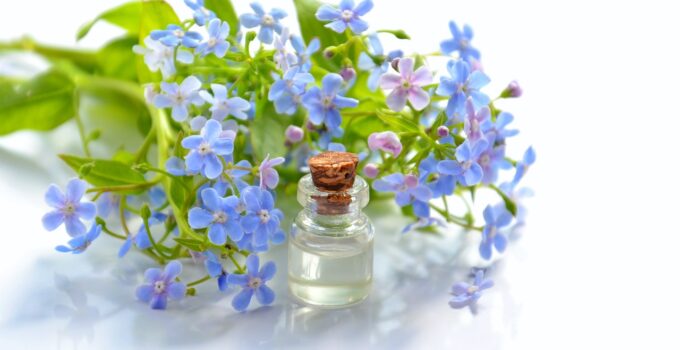Many people have experienced the situation in which a sensory stimulation, such as a scent or flavor, serves as the vehicle to transport one back to a long-forgotten time and place. In his In Search of Lost Time, author Marcel Proust captured the essence of this involuntary memory:
…But when from a long-distant past nothing subsists, after the people are dead, after the things are broken and scattered, still, alone, more fragile, but with more vitality, more unsubstantial, more persistent, more faithful, the smell and taste of things remain poised a long time, like souls, ready to remind us, waiting and hoping for their moment, amid the ruins of all the rest
The Proust Effect, as it came to be known, was later demonstrated to be scientific fact. No other sensory stimulation has the power to evoke powerful emotions and make that faded memory vivid and real again. For there exists a physiological connection between fragrances, memories, and emotions. The professionals at aromatechscent.com assist customers in benefiting from that connection.
Page Contents
The Anatomy of Smell
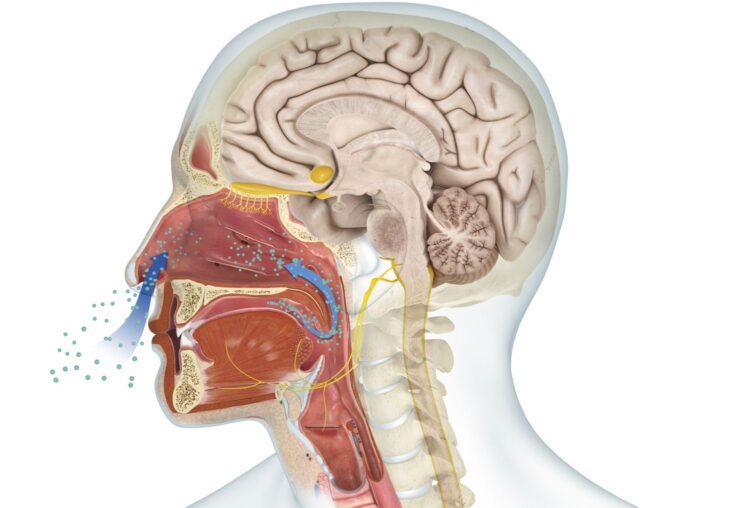
Source: thoughtco.com
Historically, olfactory science received little attention. The science of smell remained shrouded in mystery compared with vision, hearing, and touch. Over the last fifty years, many of those mysteries have been unraveled. There now exists a sound scientific basis for what intuition long told us. The olfactory bulb processes smells as they enter the nasal cavity. The bulb begins inside the nose and runs directly to the most primitive parts of the brain: the amygdala and hippo-campus, two areas intimately related to memory and emotion. Strikingly, sound, visual images, and touch stimuli do not travel this direct route. Scientific studies confirm that scents evoke much stronger emotions and memories than do visual images or sounds.
Modern Research
The 2004 Nobel Prize in Medicine was awarded to Linda Buck and Richard Axel for novel discoveries concerning the olfactory system. Among their discoveries was the fact that a staggering portion (3%) of a rat’s DNA is dedicated to the receptors that analyze scent molecules. The proportion is similar in human beings, suggesting that the sense of smell is highly important to the human race.
Smell and Emotions

Source: patriciafitzgerald.com
Research has demonstrated conclusively that fragrances, as opposed to other types of stimuli, will trigger more powerful emotions and memories and will also trigger increased brain activity in the amygdala and hippo-campus. This activity is actually visible on an MRI. While most testing involves the use of fragrances that evoke positive memories, research has also been done with PTSD patients who associate an odor with a traumatic event.
Essential Oils and Well-Being
It has been demonstrated, then, that fragrances may have profound emotional consequences. How might one harness the power of fragrance to restore well-being and enrich life?
Essential oils are highly concentrated, natural aromatic liquids containing those chemical compounds of a plant that constitute its essence. Note that essential oils are not some modern innovation but, in fact, have been used for thousands of years in cultures around the world. What has changed in the modern era is the widespread availability of a spectrum of oils and sophisticated delivery systems to make them airborne and beneficial to many people simultaneously.
Scientific studies have demonstrated that certain fragrances have predictable effects on the user, although the immediacy and intensity of these effects will vary from one person to the next. For example, lavender is commonly recommended for relaxation and as a natural sleep aid. Peppermint is touted for boosting energy and focus. Many oils are considered to improve mood, including rose and chamomile. Sandalwood and bergamot are often used to reduce anxiety and stress. You can find these essential oils at Kumi. They also have a bundle deal for essential oils and a diffuser in one.
How to Choose Essential Oils
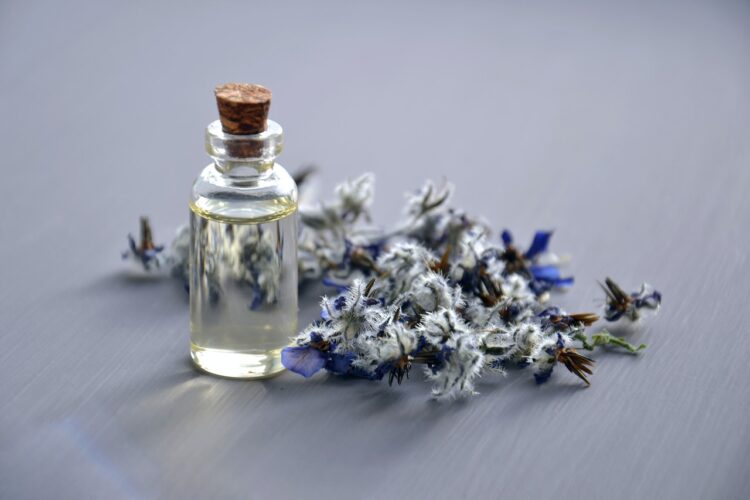
Source: pexels.com
The number of essential oil suppliers has exploded in recent years. There are numerous factors to consider in selecting your supplier. These factors include company ethos, oil purity and quality, sustainability and sourcing, product variety, delivery systems, and your purposes or intentions.
Company Ethos
Suppliers should stand unconditionally behind their products and demonstrate that commitment to their customers and to the larger world we share.
Oil Purity and Quality
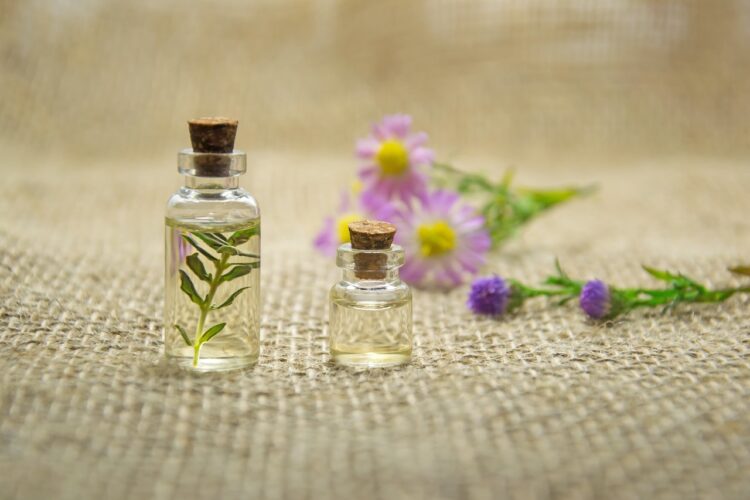
Source: pexels.com
Your provider should use pure essential oils combined with all-natural base ingredients to create 100% natural blends that are free of parabens, SLS, SLES, PEGS, glycols, petrochemicals, synthetic colors, harmful chemicals, and additives. The ingredients should be clean, raw, and unrefined, just as nature intended.
Sustainability and Sourcing
Your essential oil provider should demonstrate commitment to treating the world with respect and to supporting natural choices that evidence that respect. All ingredients should be derived from safe, renewable, and sustainable resources that are never tested on animals. Packaging should be manufactured from recycled and recyclable materials.
Product Variety and Personalization
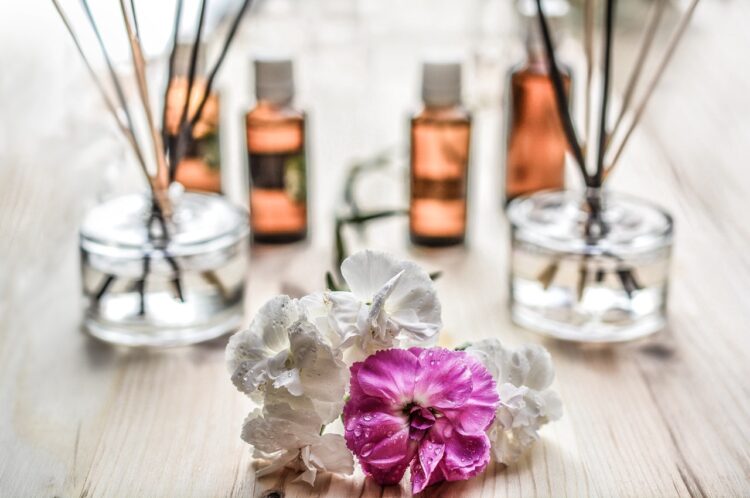
Source: pexels.com
Your essential oils provider should offer a full spectrum of oils that address a variety of therapeutic and non-therapeutic goals. A reputable provider will also be able to customize a fragrance for you. Perhaps it is a therapeutic benefit for yourself, a loved one, or in a business context to create a fragrance that is to become part of the brand.
Essential Oil Delivery Systems
Your provider should sell systems properly sized to deliver your preferred scent over the desired area. Delivery systems, called diffusers, should be available to accommodate small areas, like a car, to large areas like casino floors and hotel lobbies. Cold-air nebulizing diffusers create a fine mist that leaves no residue. This allows the use of the oils in unmixed and undiluted form.
Purpose and Intention
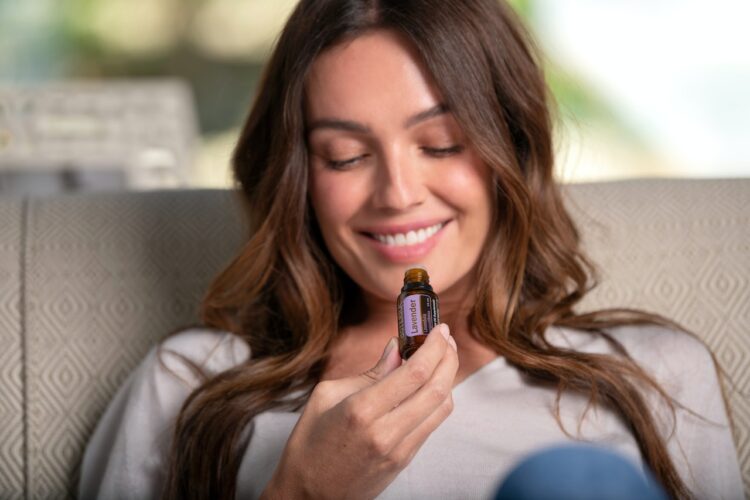
Source: pexels.com
At home, essential oils might be used for a:
- therapeutic purpose, such as elevating mood or enhancing focus and perception
- non-therapeutic purpose, such as improving ambiance
- functional purpose, such as remedying a persistent odor issue
In a business setting, essential oils might be used to:
- keep retail customers in the store longer
- create a lasting, powerful, and positive memory for customers
- relieve anxiety in an otherwise tense environment, like a doctor’s or dentist’s office
- create and promote your brand
- invigorate and enhance employee productivity and creativity
The therapeutic and healing properties of essential oils have been known and used for thousands of years. With the astounding technological changes in travel, medicine, and communication, many oils are now available world-wide. Essential oils are powerful yet affordable tools for the modern home and business.

